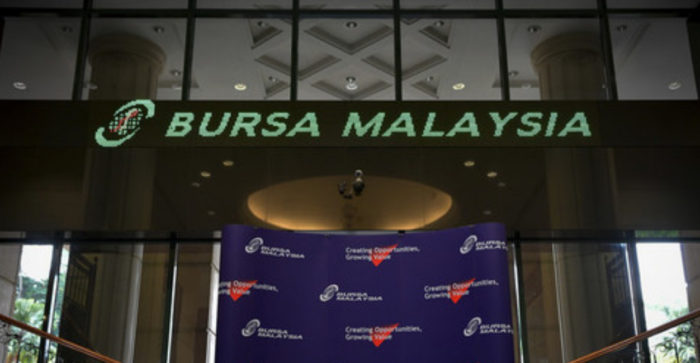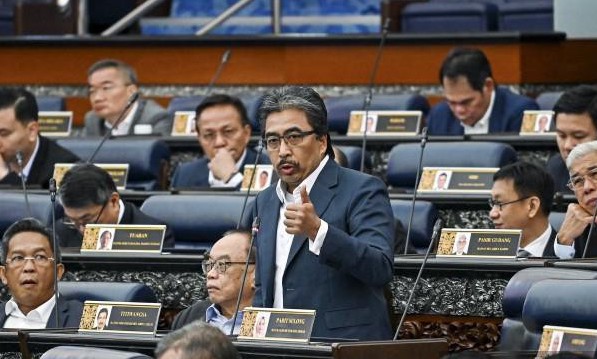By Prof Dr Mustafa Ali Mohd & Covid Research Centre
THE Malaysian government has, so far, been committed to three COVID-19 vaccine procurement schemes – COVAX, coordinated by WHO (with a pool of 9 vaccine candidates), at least two China vaccines (using the old tried & tested attenuated vaccine technology) and the Pfizer mRNA vaccine.
Because of the Pfizer mRNA vaccine controversy, the Government’s decision to sign a preliminary agreement to purchase 12.8 million doses for 6.4 million people (based on dual dosage) or 20% of the population has raised crucial questions.
The three biggest issues on vaccine procurement are SAFETY, EFFICACY and SUITABILITY for our hot country, followed by issues of transmissibility, durability, cost and government transparency.
Pfizer’s and other vaccine developments in the US were fast-tracked under immense pressure from President Donald Trump who needed a COVID-19 vaccine badly as a political weapon to boost his presidential re-election.
The three phases of human clinical trials for Pfizer, Moderna and others took only several months when a normal vaccine trial takes several years.
The fastest vaccine to be developed and approved before was for mumps: it took four years while the most recent vaccine for Ebola took five and a half years.
During the COVID-19 clinical trials, there were side effects such as muscle pain, chills and headache but the US Food and Drug Administration reported that the Pfizer vaccine is generally safe and effective although six people died during the trials.
Britain’s health regulator advised people with allergies to avoid this vaccine after two people reported adverse reactions.
Reports suggest that the Pfizer vaccine may not stop virus transmission and only suppresses symptoms while the protection is not durable.
A vaccine given to healthy people, including children, raises complicated issues. Even if there is a very small chance of harm, it is still unacceptable.
That is why, if clinical trials and the approval process for a vaccine are rushed or politicised, the safety aspects are compromised.
Pharma giant Merck CEO Ken Frazier and a leading global authority on vaccine developments, had in July 2020, cautioned on the danger of rushing the current vaccine development process.
The current euphoria boosting stock markets in the West over the high efficacy of more than 90% for the two mRNA vaccines, is clouding longer term safety.
A precautionary tale: lawsuits in the US against Pfizer where the FDA-certified Protonix, Prempro, Chantix, Lipitor & Effexor, have been alleged to cause harmful side effects, including deaths.
It was reported that the total penalty paid by Pfizer since 2000 for various offenses is US$4.7 bil. The most notorious scandal took place in Nigeria in 1996 when Pfizer conducted unauthorised clinical tests on 200 children with its antibiotic drug Trovan, which led to 11 deaths.
The British decision to grant civil immunity to Pfizer against legal suits raises questions about the vaccine: why the need for immunity if it is safe?
We are not saying that the Pfizer mRNA vaccine is unsafe but merely expressing a genuine concern on rushed clinical trials using a completely new technology.
Even if the Pfizer vaccine is safe, it triggers a major challenge – operational feasibility from our hot tropical climate to store a vaccine at –70 to –80 degree Celsius with TWO doses per person to be injected, about 21 days apart.
Pfizer would only be responsible for storage and transportation up to ports of entry in thermal shippers filled with dry ice containing 1,000 to 5,000 doses per box to be stored in ultra-cold freezers. A daunting feat, even in advanced US.
In hot tropical Malaysia, we probably have 10 seconds to dispense each shot. Each box must be replenished with new vaccine in 15 days. Once the vaccine thaws in a normal refrigerator, it has a shelf life of five days.
The Government has stated that it has 125 ultra-cold large freezers nationwide country in public universities and research institutes. But there lies three problems:
- Firstly, the capacity of these freezers are almost full. Remember, four large shipments of 500,000 doses in the 1st quarter of next year, 1.7 million in second quarter, 5.8 million in third quarter and 4.3 million in fourth quarter is expected.
- Secondly, the vaccine in thermal boxes cannot mix with other drugs or products stored inside the freezers.
- Thirdly, there is a shortage of these very expensive ultra-cold freezers manufactured overseas.
The supply chain system to administer the vaccine at clinics, hospitals and health centres, especially in rural areas, require training and management of inventory and IT systems to monitor delivery and vaccination at each health centre.
- Do we have such expertise, resources and capability?
- Has the Government signed or intend to sign away civil immunity to Pfizer against legal action if something goes wrong?
Once a deal is done, using the non-disclosure agreement signed with vaccine suppliers is not a valid reason for NOT being transparent.
Finally, if the Government insists on the Pfizer scheme, then its ministers, promoters and key supporters must lead by example by being the first to be administered publicly with this mRNA vaccine.
Prof Dr Mustafa Ali Mohd is a clinical pharmacologist and toxicologist, former professor and Deputy Dean of Faculty of Medicine, University of Malaya and Fellow, Malaysian Academy of Sciences.
The views expressed are solely of the author and do not necessarily reflect those of Focus Malaysia.










